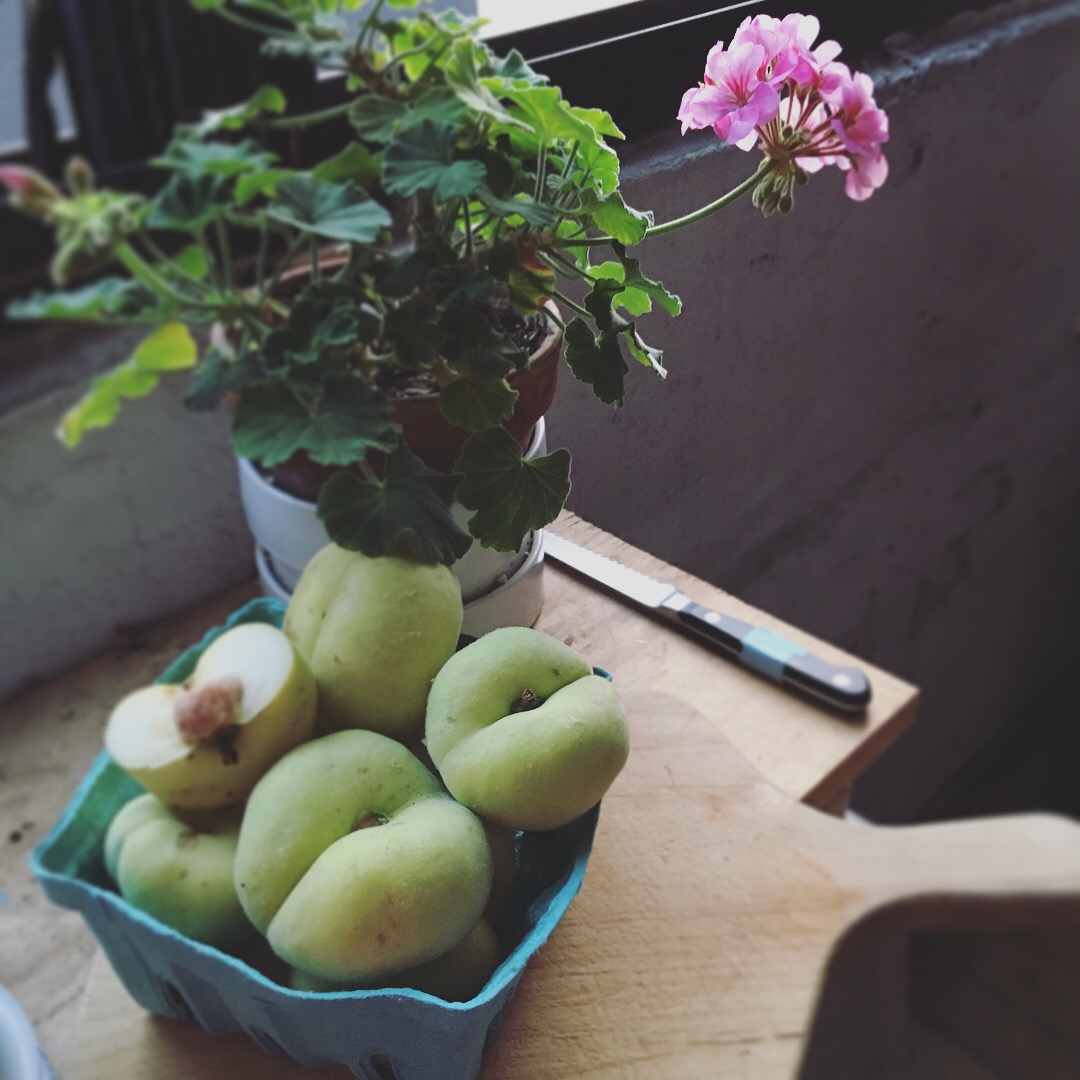The Importance of Buying Locally (and Seasonally)
By: Alexandra Kisielewski
There are different definitions of “buying local” when it comes to grocery shopping. It could mean buying from your local farmstand where the produce is harvested just a stone's throw away; or, it might mean opting for seasonal produce that was grown in your state. And for those things you want that are out of season, the alternative is buying products shipped from halfway around the world. There is a French saying that goes, “Pas de fraises en hiver,” which means “No strawberries in winter”. This phrase embodies the importance of buying seasonally, and therefore locally.
In NYC in particular - the hub of countless cultures and cuisines - many buyers consider it commonplace for grocery stores to stock their shelves with any and every fruit or vegetable imaginable, regardless of the time of year. However, there are many environmental, economic, and health-based benefits of buying food locally and seasonally.
“In 2007 the typical American meal had ingredients from five different countries”
Since the 1970s, the United States has gone from being net exporters to net importers of fruits and vegetables. Because the majority of our available cropland is consumed by “cash crops” (corn, soybean, wheat), we forego growing local fruits and vegetables in order to increase the profit margin with these crops.
Shipping food halfway across the globe degrades air quality with an increase of atmospheric carbon dioxide levels, increased pesticide and antibiotic usage, soil degradation, water waste, and increases in methane. Additional consequences include an increase in packaging waste, as well as reduced quality of food.
Buying locally is likely to support small-scale farming, which is both an environmental and economic asset for communities. It allows you to support the community by investing your dollars in local farmers and small businesses, instead of large global corporations. Buying local also increases accountability. By passing through fewer supply chain systems, it is more likely that you will be able to trace where your food comes from. You might even be able to track the specific farm your food came from, just like we do with the produce at BFC!
Overall, buying seasonal and local produce is better for your wallet, the environment and for the economy. Your farmers, and your environment, will thank you for it.
What's your favorite seasonal produce this summer? Let us know below!


